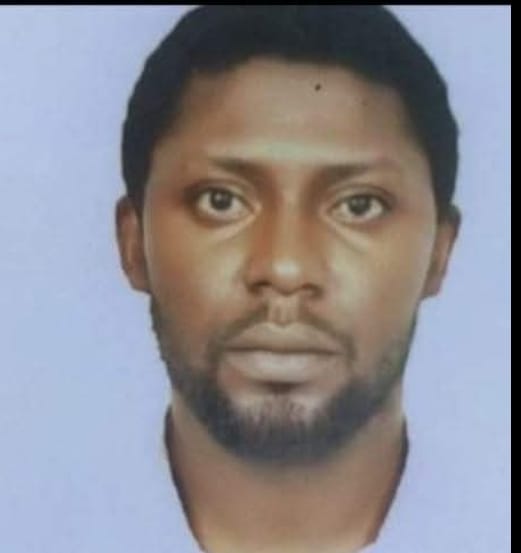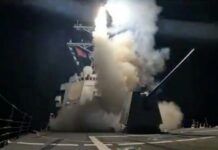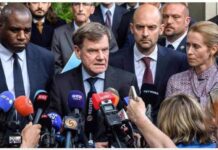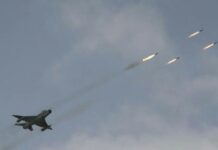Victims of terrorism and oppression deserve better treatment, by Ahmad Shuaibu Isa
We are living in an unprecedented era where the world seems to be regressing to its darkest past. The streets of our towns and villages are stained with blood, yet many remain indifferent, as long as the bloodshed does not touch their own lives.
In a country like Nigeria, which has endured centuries of hardship—from the horrors of slavery and subjugation to the ongoing challenges of corruption, terrorism, and oppression—conditions worsen with each passing day. Lives are lost in staggering numbers, dreams are shattered, and hopes extinguished.
This has led to widespread suffering, despair, and the deepening of terror.
Initially, a group called Boko Haram, supposedly opposed to modern education, was blamed for the violence. However, as the attacks continued, it became clear that the true agenda was far more complex. The violence spread to worship centres, markets, and innocent gatherings, prompting critical thinkers to question the official narrative.
These attacks have devastated the Nigerian population, both directly and indirectly. The northeast has borne the brunt of the violence, but people of all ethnicities and religions have been affected. What began as a campaign against education has morphed into a broader assault on civilians. Markets, mosques, churches, and peaceful gatherings—such as the Shia Muslim symbolic trek—have been bombed. This suggests that the victims are not limited to one religious or ethnic group; Muslims, in particular, have suffered alongside Christians, challenging the simplistic view that the violence is solely driven by religious extremism.
As the situation unfolded, other criminal groups—bandits and kidnappers—emerged, exacerbating the chaos. It is telling that states like Zamfara, ravaged by these criminal elements, are home to vast natural resources, including gold. Could this be part of a larger conspiracy, where lawlessness is deliberately cultivated to enable the exploitation of these resources by shadowy figures with vested interests?
The damage is not limited to civilian casualties. Police officers and soldiers have also been targeted by these criminal elements, further complicating the situation.
However, it is deeply troubling that the Nigerian Army and Police have, on multiple occasions, attacked peaceful civilians. Why? Do they consider the citizens of Nigeria, who should be protected, as enemies? With poverty, weak institutions, insecurity, and self-serving leaders in charge, how could the masses—particularly those belonging to the Shia school of thought or the Islamic Movement—be seen as the problem?
The 2015 massacre, orchestrated by the Nigerian Army, saw over a thousand innocent lives lost, with victims buried in mass graves to erase the evidence of the atrocity.
Hundreds more have disappeared without a trace. The leader of the Shia Muslims and the Islamic Movement, alongside his wife, were illegally detained despite a court order demanding their release since December 2016. They were only freed in 2022.
The horrific events of the Lekki shootings, which targeted #ENDSARS protesters, further exemplify the Nigerian government’s disregard for human rights. The #ENDSARS and #EndBadGovernance protests, initially aimed at combating police brutality and poor governance, were met with violent suppression. Protesters calling for an end to systemic abuse were instead brutalised by the very forces tasked with protecting them.
The protests by Shia Muslims in Abuja were also met with police violence, though this often goes unnoticed by many. It is now clear that these attacks are not aimed at any particular religion or ethnic group, but at anyone brave enough to challenge the status quo and demand justice.
Nigeria has witnessed it all: forced confessions, corruption, illegal detention, extrajudicial killings, and countless other human rights violations. Innocent Nigerians continue to suffer under a corrupt system where lies and deceit enable the conspirators to thrive unchecked.
It is inconceivable for any rational humanitarian to remain silent as these atrocities unfold. In this era, the guilty roam free while the innocent—particularly those who dare to speak out—are incarcerated, illegally detained, and stripped of their basic rights. The case of Dadiyata is a tragic reminder of the consequences of failing to resist oppression.
Our silence only emboldens the oppressors, who, in the absence of unified resistance, continue their reign of terror and injustice. Now, more than ever, we must rise above our personal interests and unite for the common good. We are all part of one human family, and our collective action is crucial to ending the suffering of the innocent.
The victims of terrorism and oppression in Borno, Katsina, Zamfara, Niger, Kaduna, the #ENDSARS and #EndBadGovernance protesters, the Shia Muslims/disciples of Sheikh Ibraheem Zakzaky, and those suffering oppression throughout the country, are in desperate need of justice. They deserve better treatment. The Nigerian government must take responsibility for their protection and offer compensation for the suffering they have endured.
It is time to act.
Ahmad Shuaibu Isa
ahmadeesir214@gmail.com
International Member, Amnesty International
Member, Initiative for Conciliation and Rights Protection
Member, Africans Rising
Member, African Union Student Club
Disclaimer
The opinions and views expressed in this article belong solely to the original author and other contributors. They do not necessarily reflect the official policy or opinions of Neptune Prime.
Follow the Neptune Prime channel on WhatsApp:
Do you have breaking news, interview request, opinion, suggestion, or want your event covered? Email us at neptuneprime2233@gmail.com





